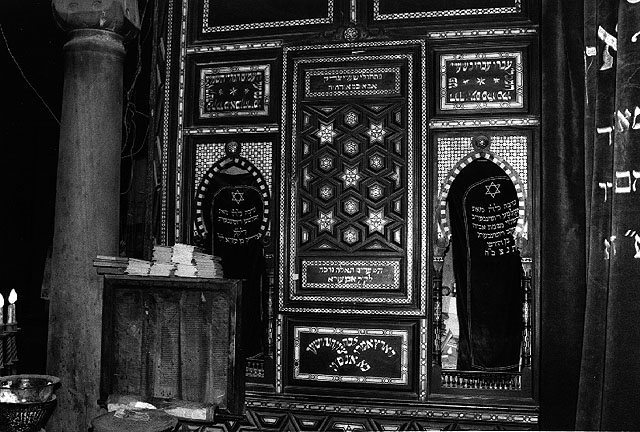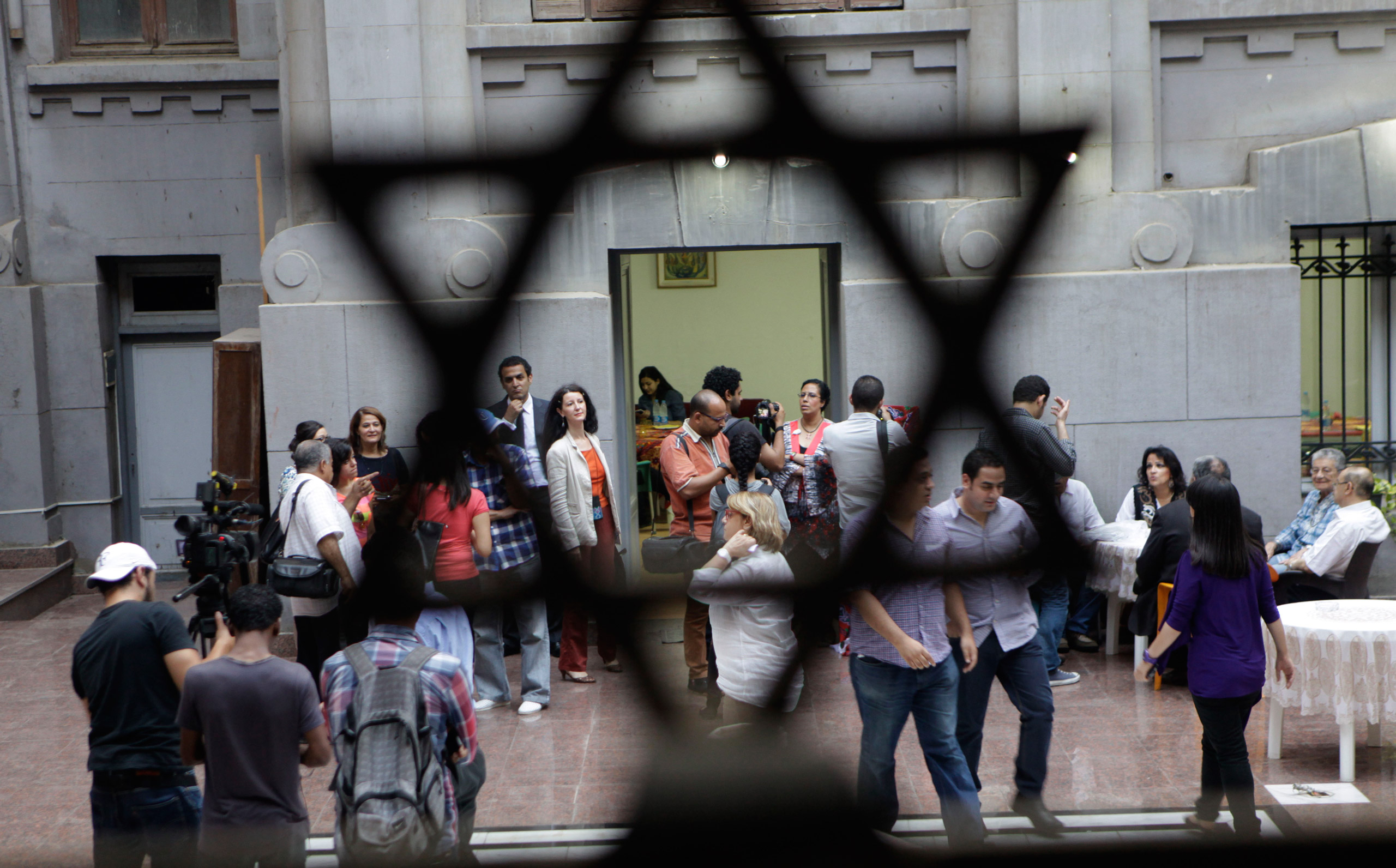Egypt has witnessed the passage of an eclectic and diverse tapestry of cultural traditions, a cornerstone of which was Judaism. With a vast history of interfaith coexistence, one often shrouded by an air of tension and mourning, Judaic culture has defined Egyptian identity for countless generations.
Residing in Cairo and Alexandria, Egyptian Jews were often multicultural and multilingual. They excelled in medicine, the arts, politics and international trade. In 969 CE, under Fatimid rule, Egyptian Jews held positions in government and local courts. During these periods, Jewish culture freely intermingled, engaged and fused with Arab traditions and society.
From the triumphs of Alexander the Great, to the Napoleonic and British conquests of Egypt in the 1800s, Jews have been an integral part of socio-political life within Egypt. That is, until the arrival of the 20th century.
The establishment of the State of Israel in 1948, and the impending revolution of 1952 under the leadership of Gamal Abd El-Nasser dissolved a period of prosperity and influence into turmoil and despair. As a result, this saw the departure of a significant portion of the Egyptian Jewish community.
The situation became untenable in 1954, following the disastrous Lavon Affair “where Israeli intelligence agents recruited Egyptian Jews to bomb Western sites in Egypt in an effort to convince Britain to maintain control of the Suez Canal” as reported by Foreign Policy. This incident further heightened religious tensions.
As a result, most Jews fled the country or were later expelled until this day.
However, the few that remain highlight the role of Jewish custom and tradition in forming a special part of a vast and inclusive Egyptian identity. Zahi Hawas, a former Minister of Antiquities, called for the preservation and renovation of the Ben Ezra Synagogue and the restoration of Maimonides Synagogue, solidifying the importance of Egyptian Jewish heritage.
According to the American Research Centre in Egypt (ARCE), Ben Ezra is considered the oldest Jewish temple in Egypt and one of the oldest extant Jewish houses of worship in the world. Today, the architectural styles found in the synagogue are heavily influenced by Christian and Islamic motifs.

It’s safe to say, Judaism has not only played a religious, historical or political role; it is a culturally embedded reality that has reshaped Egyptian heritage.
This is the ongoing story of how Egyptian Jews became, and remain, part and parcel of this society.







Comment (1)
[…] Several ethnic groups claim borscht, in its various local guises, as their own national dish consumed as part of ritual meals within Eastern Orthodox, Greek Catholic, Roman Catholic, and Jewish religious traditions. […]